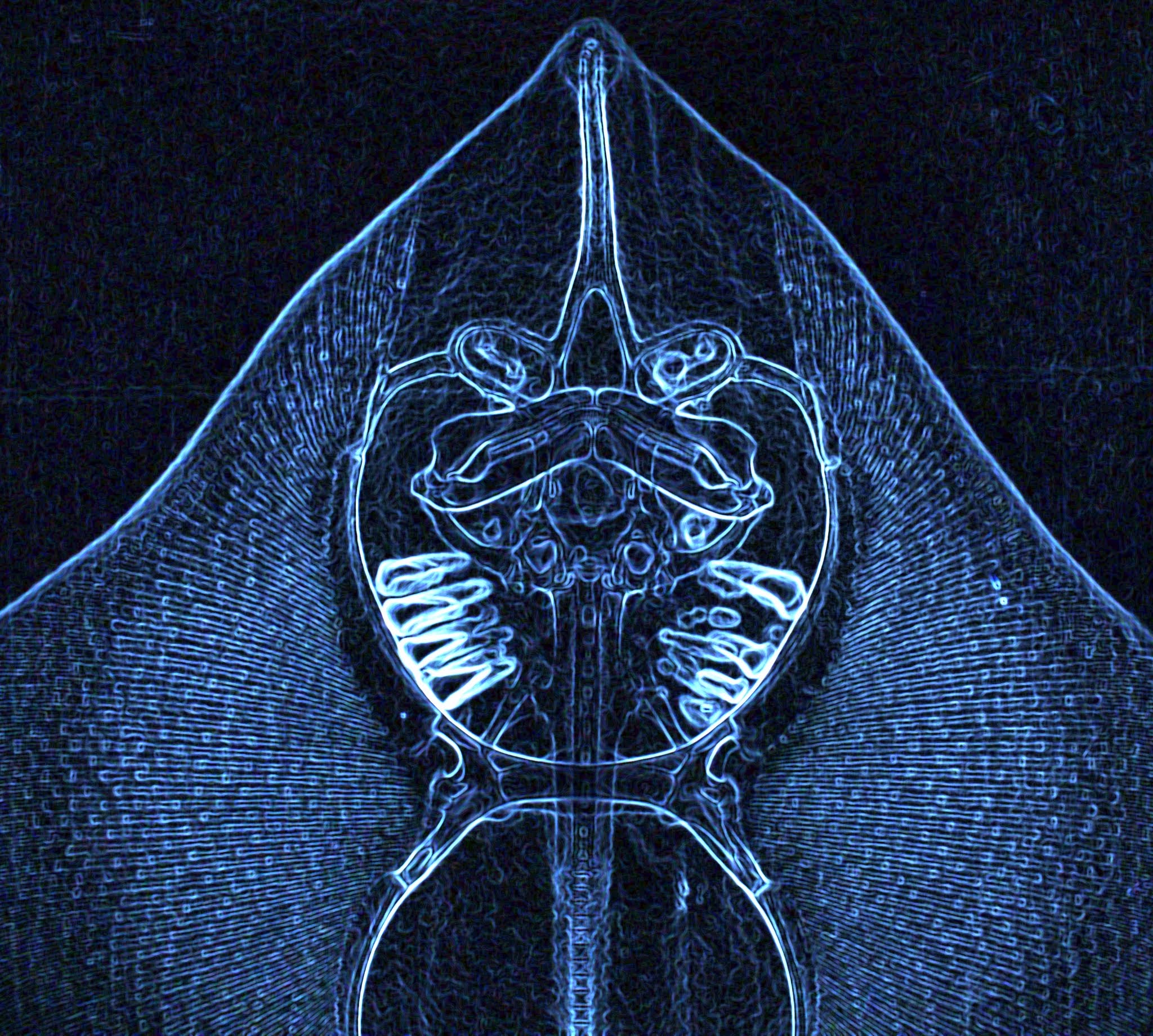Undergraduate Programs
B.S. in Atmospheric and Oceanic Sciences
The Atmospheric and Oceanic Sciences major has been designed to provide students with considerable flexibility in designing a program consistent with their interests and needs. With the assistance of the undergraduate advisor and faculty, the student chooses courses to create a tailored program reflecting his/her interests and career goals. With strong background training in physics, mathematics and computer sciences, our Atmospheric and Oceanic sciences majors are also well prepared for a variety of alternative career paths.

B.S. in Coastal Environmental Studies
Prepare for one of the most important environmental careers of the future, coastal zone management. This rigorous science degree integrates physical and natural sciences together with environmental ethics, policy, and law in order to understand and mitigate the impact of sea level rise on water and land resource use and coastal zone development. Graduates with this degree will be proficient in Geographic Information System (GIS) technology, a skill sought by government agencies, businesses, and nonprofit organizations.

Combined degree program (B.S. in Marine Science and M.S. in Marine and Atmospheric Sciences)
Marine Sciences is a highly interdisciplinary field that provides students with a solid background in basic biology as well as in the physics and chemistry of the ocean. Upper-division electives permit each student to gain a deeper understanding of particular groups of organisms (microorganisms, algae, marine invertebrates, fish, and marine mammals) and of habitats (salt marshes, rocky intertidal, barrier islands, dunes, estuaries, and the open ocean).

B.S. in Marine Vertebrate Biology
The Marine Vertebrate Biology major provides students with a solid background in basic biology with an emphasis on marine vertebrate organisms such as fish, sharks, birds, turtles and marine mammals. It provides a more intensive zoology background than the Marine Sciences degree.

The undergraduate major in music balances studies in the performance, composition, theory, and history of Western art music with the broad general education implied by a liberal arts degree. The department offers a Bachelor of Arts degree in Music with no specific “tracks” in performance, history, composition, or theory. All students take the same general program and are encouraged to select electives that reflect their individual interests and potential careers.

B.A. in Ecosystems and Human Impact
Human beings take the environment for granted. We threaten the air, water, and wildlife with the way we live on planet Earth. This major examines natural ecosystems and how they function or degrade in the face of potential threats from humans. We also look at the “services” these ecosystems provide: food, shelter, and purifying our water and air. (Did you know 25 percent of the oxygen we breathe comes from microscopic algae floating in lakes and oceans?) Students in this program are prepared to go on to law or graduate school or work in conservation.

B.A. in Environmental Design, Policy, and Planning
Must we live with the traffic congestion created by suburban sprawl? As people push outward from our cities, is there any way to preserve open space and manage urbanization? This program focuses on the built environment, culminating in a degree that opens the door to working on land-use planning and design, community redevelopment, real estate development, and landscape architecture.

B.A. in Environmental Humanities
How does our understanding of Native American fiction help us to better grasp environmental issues? What does the history of human settlement on Long Island have to do with our present-day relationship to nature? This major integrates disciplines from social sciences and the humanities, including writing, literature, philosophy, history, anthropology, archaeology, and art and architectural history, to prepare students for careers in nature education, museum work, community organizing, literacy education, advocacy, business, writing, and the arts. Students may also choose to pursue advanced degrees in literature, journalism, education, social work, the arts, social sciences, and law.

Combined degree program (B.A. in Environmental Studies and M.A. in Marine Conservation and Policy)
The Environmental Studies major, leading to a Bachelor of Arts degree, is designed to provide students with the analytical and communication skills and the broad background necessary to understand and address complex environmental issues. The major also offers the opportunity for students to carry out focused study within a specific area of interest. Environmental issues are not resolved in the scientific, technological, social, or political arenas alone. The curriculum is, therefore, interdisciplinary and integrates principles and methodologies from the social sciences, engineering, the natural sciences, and humanities. The goal is to address the complex scientific, legal, political, socioeconomic and ethical issues that define and surround environmental issues.

B.A. in Sustainability Studies
When we produce goods, how much—and how quickly—are we consuming natural resources in order to keep production flowing? When political decisions are made in the name of progress,” how do they affect future generations? You’ll also learn about viable economic activities that are ecologically sound and socially just. This degree can lead to careers in eco-tourism, law, business, economic development, or energy conservation.

The Semester by the Sea program provides an immersive experience in marine science and maritime studies for Stony Brook and visiting undergraduates and recent graduates. Students live and learn at the Southampton campus on the shore of Shinnecock Bay where they take full advantage of the new Marine Station and vessels to explore coastal and offshore marine habitats, marine organisms, and important maritime culture sites.



